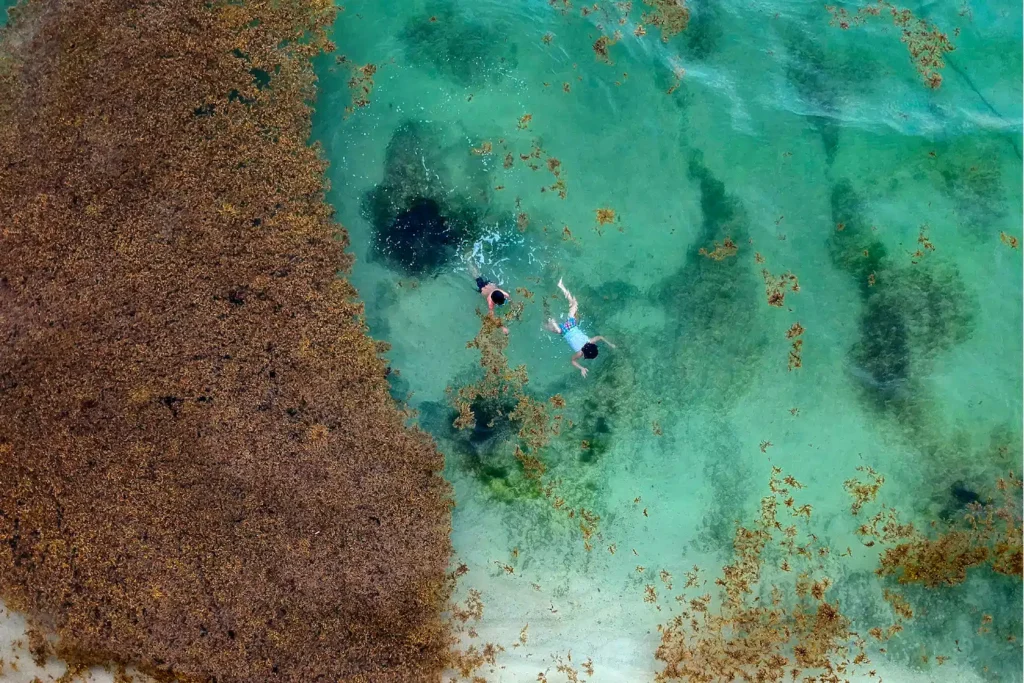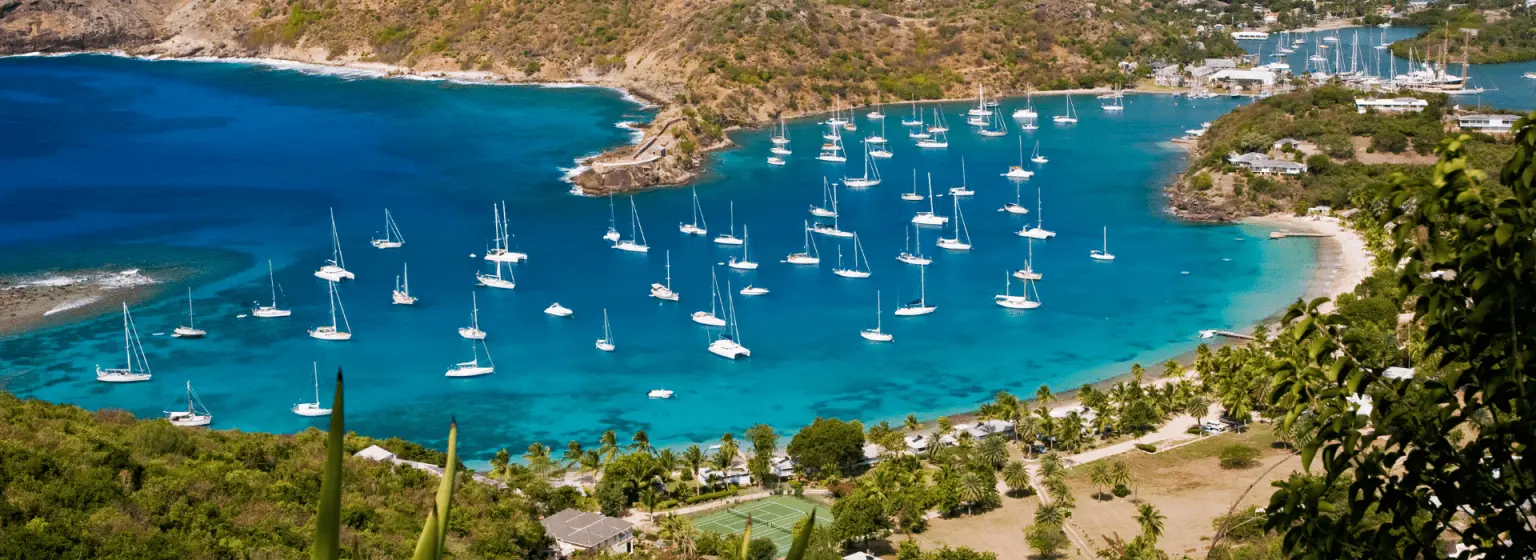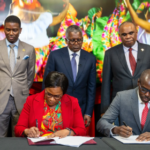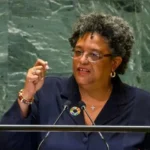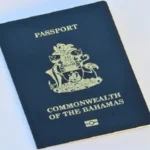Now Reading: The Caribbean Shines in Global 2024 Air Quality Report
-
01
The Caribbean Shines in Global 2024 Air Quality Report
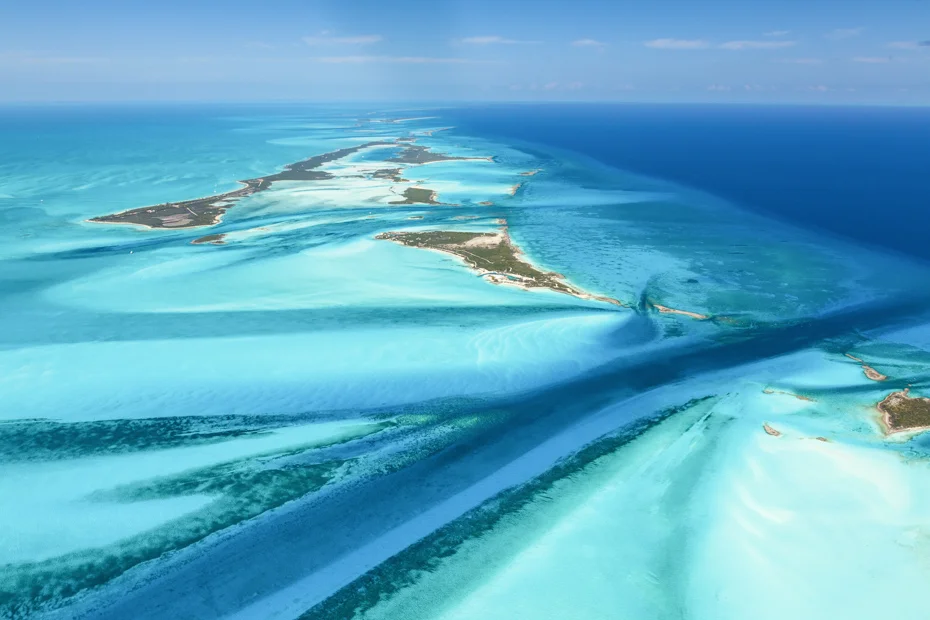
The Caribbean Shines in Global 2024 Air Quality Report

In a world increasingly burdened by pollution, the Caribbean is offering a rare breath of fresh air. According to the 2024 IQAir World Air Quality Report, several Caribbean nations are being recognized among the cleanest globally; a major achievement amid worsening air quality worldwide.
The annual report analyzed data from over 40,000 monitoring stations in 138 countries. Shockingly, only 17% of cities worldwide met the World Health Organization’s (WHO) recommended annual PM2.5 levels. This measure tracks harmful fine particulate matter; a key indicator of air pollution.
Caribbean Nations Among the Top Seven for Clean Air
Importantly, only seven countries met the WHO’s benchmark of 5 micrograms per cubic metre (µg/m³) or less. Notably, the Bahamas, Barbados, and Grenada were among them. These Caribbean nations joined global environmental leaders such as Australia, Iceland, Estonia, and New Zealand.
This recognition is especially significant. While many nations continue to battle dangerous smog levels, the Caribbean is setting an example of what clean, breathable air can look like.
Puerto Rico’s Mayaguez: The World’s Cleanest Metropolitan Area
Even more impressively, the city of Mayaguez, Puerto Rico, was named the least polluted metropolitan area globally. With an average PM2.5 concentration of just 1.1 µg/m³, it registered air more than four times cleaner than the WHO standard. Clearly, the Caribbean is not just meeting expectations, it’s exceeding them.
Why Is Caribbean Air Quality So High?
Experts poiSo, what sets the Caribbean apart? Experts credit the region’s clean air to a combination of factors:
- Low levels of industrialization
- Consistent trade winds
- Vehicle emissions regulations in select territories
Together, these conditions help minimize pollution and support healthier communities. Additionally, many Caribbean islands maintain relatively small populations, which contributes to lower emissions overall.
The Global Contrast: Alarming Pollution Levels Elsewhere
By contrast, countries like Chad, India, and Bangladesh are reporting PM2.5 levels 10 to 25 times higher than the WHO limit. In fact, the report shows that 91% of countries exceed safe air quality levels. Therefore, the Caribbean’s performance is not just commendable ,it is rare.
Caribbean Air Quality: A Model for the World
However, this success doesn’t come without concern. Experts caution that climate change, Saharan dust storms, and wildfires could pose increasing risks to air quality in the region. Consequently, there is a growing need for improved monitoring infrastructure and environmental policies to preserve current gains.
Although data gaps remain across Latin America and the Caribbean, the inclusion of countries like Barbados, Grenada, and the Bahamas suggests that where data exists, the results are promising.
A Regional Model for Sustainability
Ultimately, the Caribbean’s recognition in the 2024 IQAir Report is more than symbolic. It affirms the region’s potential to lead in sustainable living, clean energy policies, and environmental health. As pollution continues to endanger public health worldwide, Caribbean nations are showing that clean air is both achievable and worth protecting.











